Current Apple accessories
Pro Display XDR
The Pro Display XDR was released alongside the Mac Pro in late 2019. The 32-inch Thunderbolt 3 display is meant to emulate the experience of using a professional reference monitor.
Features include a 6K display with a P3 color gamut, 1,000,000:1 contrast ratio, and an industrial design that mimics the Mac Pro. It is available for purchase starting at $4,999 and can be upgraded with nano-texture glass for an additional $1,000.
Studio Display
Apple's Studio Display is a 27-inch 5K monitor released at the same time as Apple's Mac Studio. It runs an A13 processor to manage Center Stage, Spatial Audio, and other systems.
Rumors suggest an updated model with mini-LED backlighting and ProMotion could be on the way, but such features would move the product to a much more expensive price tier.
AirTag
The AirTag is a small coin-sized tracker meant to locate lost items like keys or wallets. The device isn't able to attach to anything on its own, so users must purchase keychains, pouches, or other objects to store them in.
It utilizes the Find My network to locate lost items by pinging other nearby Apple devices and updating its location when separated from the owner's iPhone. Apple has built-in anti-stalking features to prevent malicious use of the AirTag, though it has been the source of some controversy.
MagSafe
MagSafe is a magnetic accessory system introduced for the iPhone 12. A series of magnets in the rear of the iPhone allows accessories like wallets and chargers to align perfectly with the device.
Apple sells a handful of MagSafe accessories and chargers. Third-party manufacturers offer multiple options similar to Apple's but usually with some caveats.
Magic Keyboard
Apple refers to multiple products as "Magic Keyboard," like the keyboard used in the 16-inch MacBook Pro, the wireless keyboard for the Mac, or the keyboard case for the iPad Pro.
Each of these keyboards use the scissor-switch mechanism. The MacBook and iPad Pro variants have backlit keys.
Apple also introduced a product called "Magic Keyboard Folio" for the 10.9-inch iPad released in 2022. It is a two-piece keyboard case that attaches via magnets, and the iPad can be separated from the keyboard without removing the rear case.
Apple Pencil
The Apple Pencil is a digital stylus that incorporates pressure sensitivity and gyroscopes to emulate writing with a real instrument. Both generation models are still for sale and work with specific iPad models.
The second-generation Pencil attaches to the iPad Pro, iPad Air 5, or iPad mini 6 via magnets and inductively charges. It features a 9ms latency and a double-tap gesture for switching tools on the fly.
HomePod mini
The HomePod mini is a small smart speaker with Siri. It can play music, control HomeKit devices, and answer simple questions.
It has a spherical design and computational audio for $99. Pair two together for stereo sound.
HomePod
The HomePod was the original smart speaker from Apple. It focused on high-quality music playback and using Siri to help find new tracks on Apple Music. It was discontinued by Apple in March 2021.
The lack of ports and $350 release price drove most customers to other options like Google Home. What's worse, the product was at its best when paired with another HomePod, which would cost $700. Apple hopes the $100 HomePod mini can drive its smart home initiative.
Beats by Dre
Apple purchased the entirety of Beats by Dre in order to implement Beats Music into the future Apple Music. This purchase included the Beats headphone line, which Apple has maintained to this day.
Some rumors suggest the Beats line will eventually disappear due to the existence of AirPods, but this is unlikely. Apple controls a large portion of the headphone market thanks to the two brands.
Apple Smart Battery Case
The Apple Smart Battery Case is an iPhone accessory that adds a secondary battery, one that can recharge an iPhone and effectively double its battery capacity. The case has an unusual design with a prominent battery hump, a concept that helps keep the iPhone itself as slim as feasibly possible, given the extra capacity.
This product was replaced by the more universal MagSafe Battery Pack.
Touch Bar
The Touch Bar seemed more like a gimmick than a useful tool when it first appeared in the MacBook Pro in 2016. It has been phased out of new products and will likely disappear from the lineup completely, eventually.
With little software support and few updates from Apple, the Touch Bar was abandoned. Users complain of the lack of haptic feedback and the lack of adoption by app developers.
The 13-inch MacBook Pro is the last product with a Touch Bar.
Apple Silicon
Custom Apple Silicon has been used for iPhone and iPad since 2010 with the A4 processor. Beginning in 2020, Apple transitioned its Mac lineup to Apple Silicon as well.
The vertical integration of hardware and software gives Apple an edge over competitors like Microsoft and Samsung. Rather than use a one-size-fits-all processor, Apple is able to fine-tune its chips for each machine in the lineup.
A12Z Bionic
The A12Z Bionic debuted in the 2020 iPad Pro with a slight bump in processing speeds over the A12X. It later appeared in the Development Transition Kit as the first ARM processor in a Mac.
Apple provided Stage Manager to iPads running the A12Z Bionic and A12X Bionic with iPadOS 16.
M1
Apple's first desktop chip, the M1, now powers the latest 13-inch MacBook Pro, MacBook Air, and Mac mini. The SoC uses 5nm architecture, like the iPhone 12 and iPad Air 4, and is faster than 98% of PC laptops.
The M1 beats out every Intel processor even though this is Apple's first stab at a custom desktop processor. The transition has led to Intel shamelessly mocking Apple computers in its latest "Go PC" ad campaign.
The M1 lineup includes the M1 Pro, M1 Max, and M1 Ultra for increasingly powerful processor options. The M2 is the second generation of the processor and is slightly more powerful.
Biometric systems
Face ID
Face ID is a biometric authentication system that scans a user's face to unlock the device. It uses a sensor array located at the top of the display on most iPhone models. Face ID is also present on iPad Pro.
Apple has implemented a version of Face ID that also works with masks, though it is technically less secure than the regular version.
Touch ID
Touch ID is a biometric authentication system that scans a user's fingerprint to unlock the device. It uses sensors embedded beneath the Home Button in older iPhone models and the iPhone SE. The iPad Air 5, iPad mini 6, and 10.9-inch iPad has Touch ID embedded in the Top Button.
Future Apple accessories
Apple VR
The "Apple VR" headset would be a stepping stone to Apple's augmented reality glasses. Apple is expected to position the device for developers to create better augmented reality and virtual reality environments.
While consumer applications are possible, like gaming, it is likely not the primary goal of the device. Very little is known beyond the headset being around one pound and aimed at comfort for extended wear.
Apple Glass
"Apple Glass" are expected to be Apple's next big thing. One day soon, users will interact with information and digital objects via transparent glass worn over their eyes. Augmented Reality has been a staple talking point for Apple in recent years, and it all leads up to these glasses.
Pinpointing the AR glasses' release has been tricky thus far since the technology isn't quite ready yet. Apple is expected to release a virtual reality headset before AR glasses launch.
Apple Car
Perhaps Apple's worst-kept secret, "Apple Car" is being developed for a 2026 or later release. Rumors speculate that it will be an electric vehicle with autonomous driving features that will compete with Tesla and other EVs.
Apple could partner with other popular manufacturers like Hyundai, BMW, or seek another option. Some speculation suggests there is no "Apple Car," but only an in-car self-driving and infotainment system.
AirPower
Apple announced AirPower in 2017 as a proprietary wireless charger. The company finally canceled it in March 2019 after two years of near-silence about the product.
Rumors began circulating in early 2020 to suggest an Apple-branded wireless charger may still come, but it now seems a safe bet MagSafe has taken its role.
Apple offers many kinds of Accessories and I/O that are updated on a regular basis.
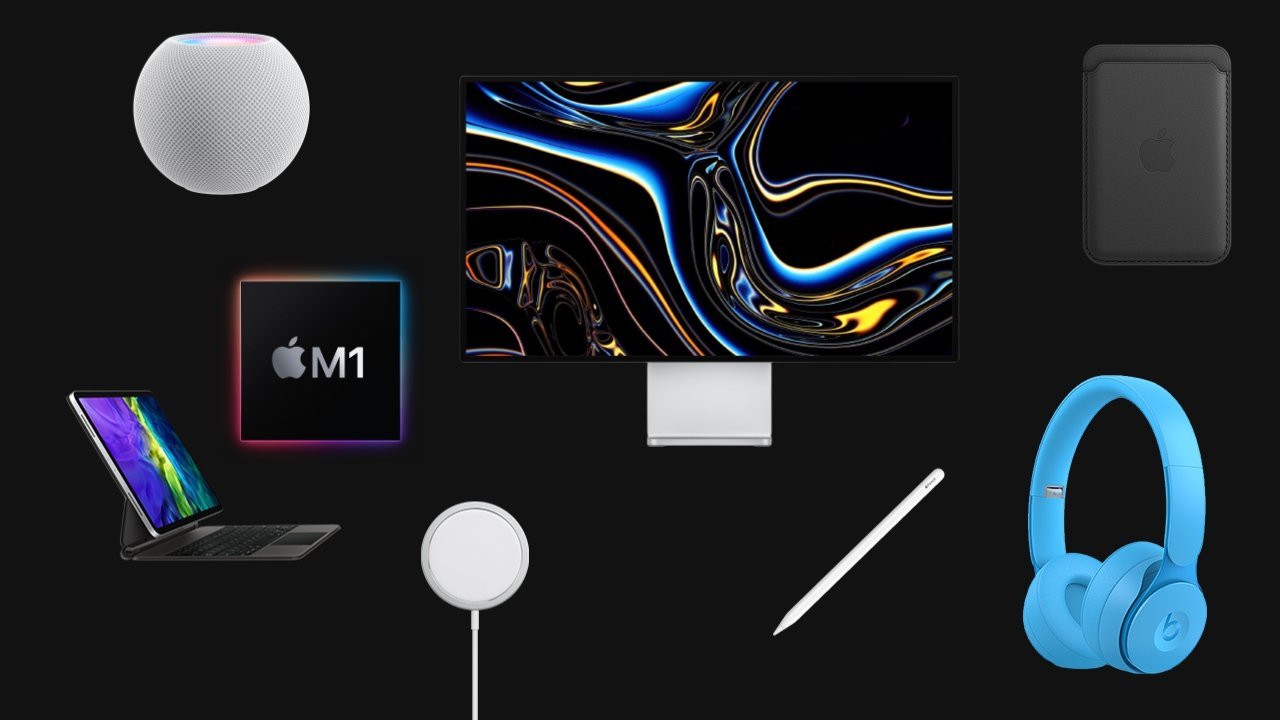
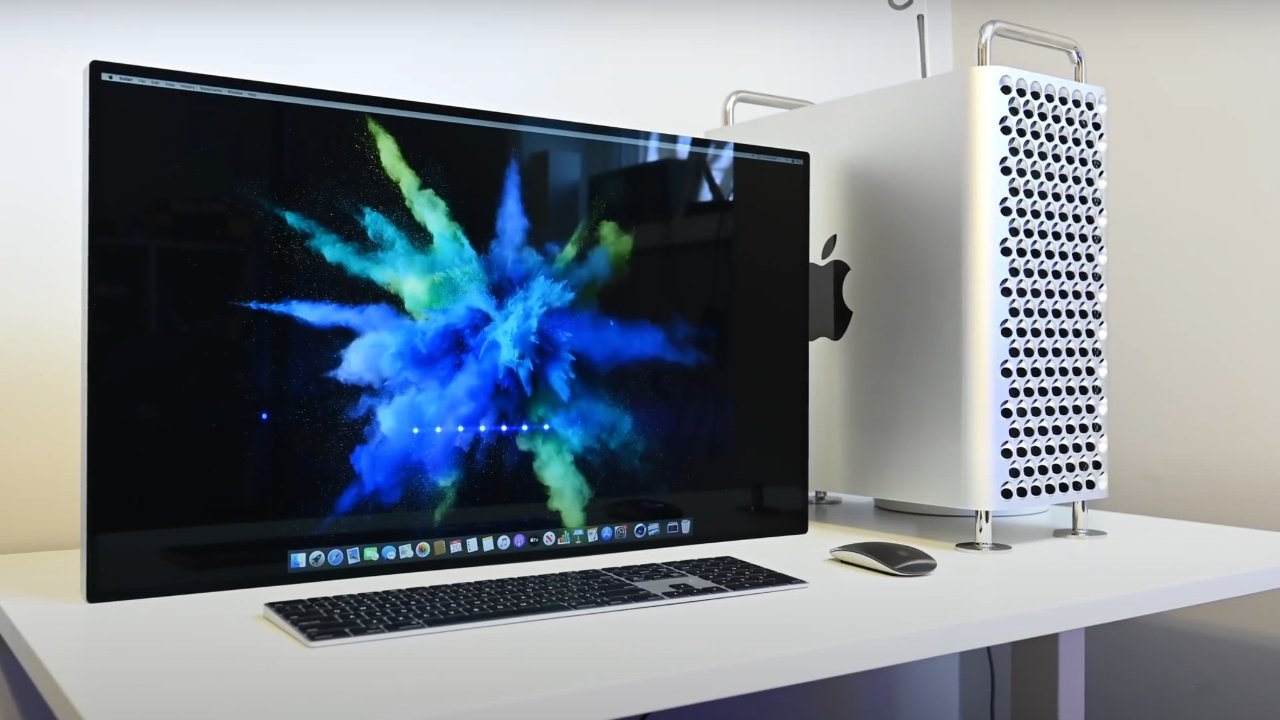
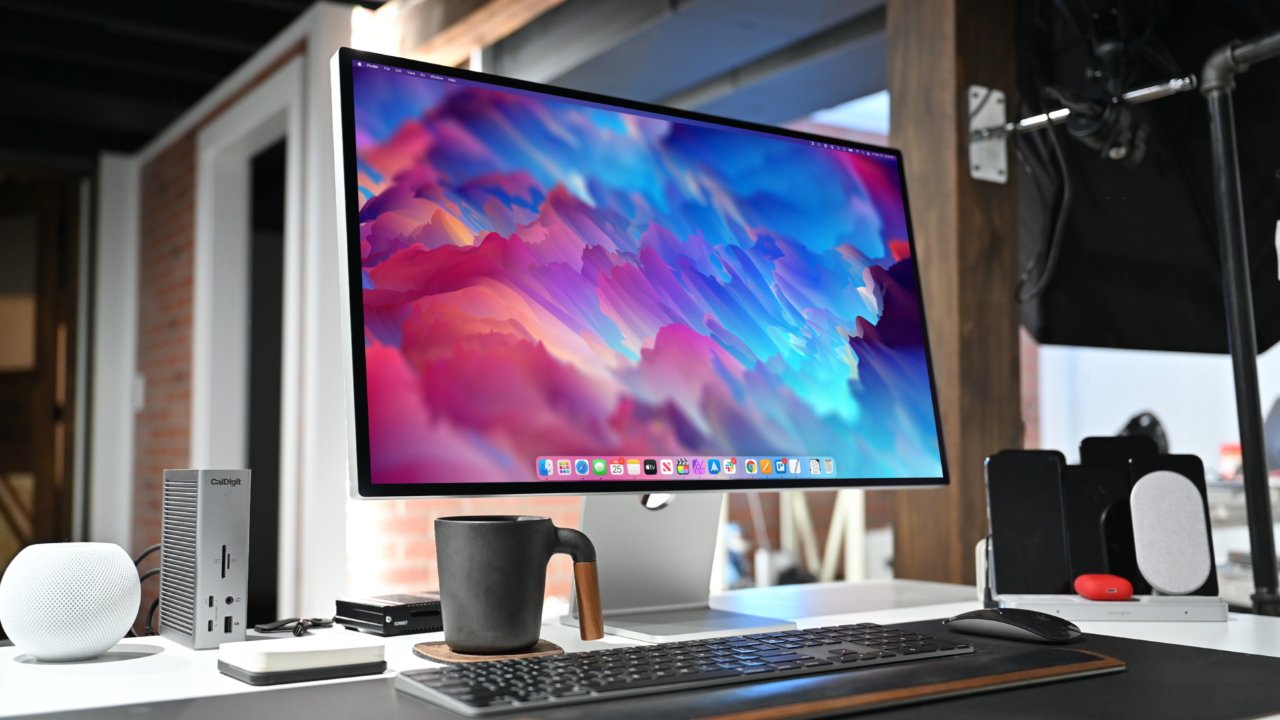
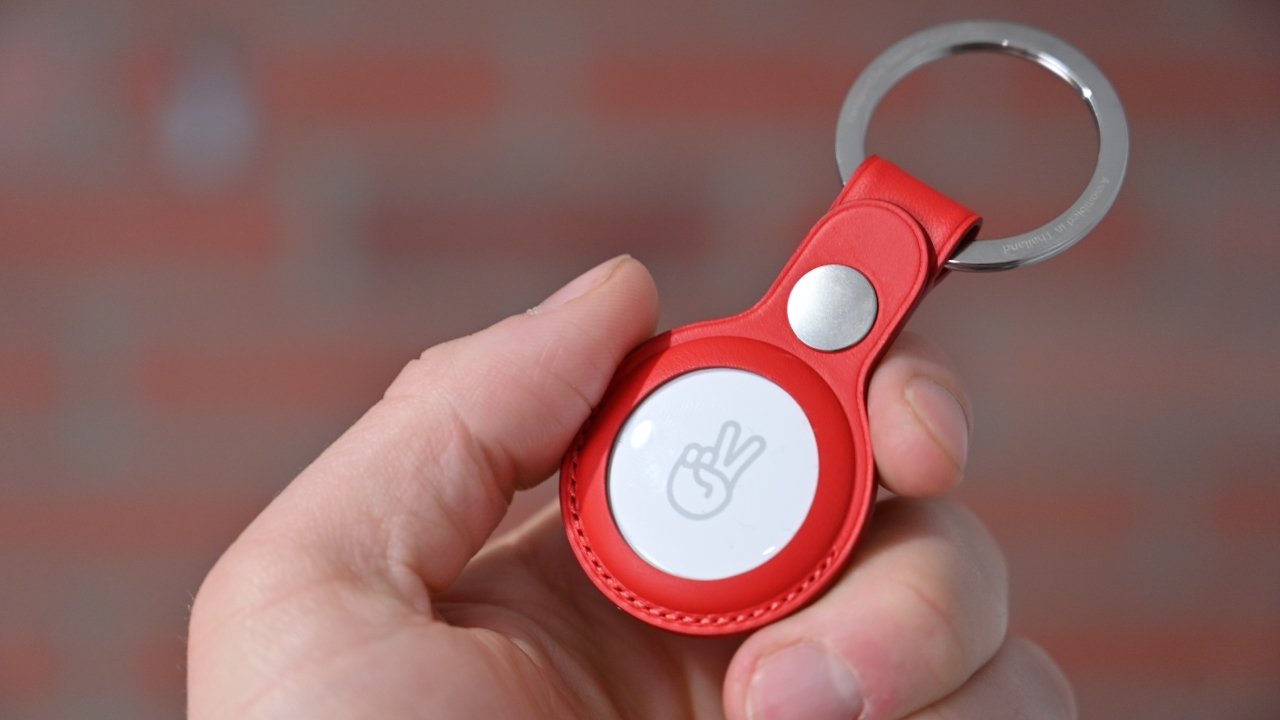
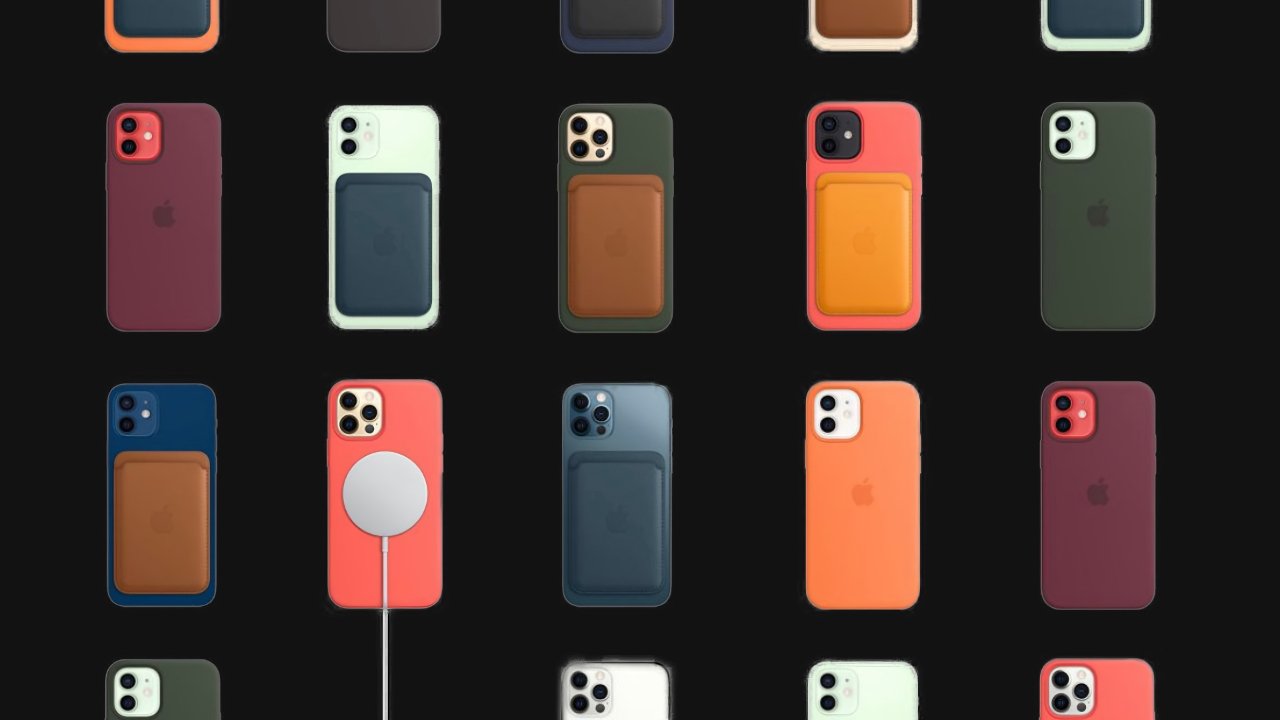
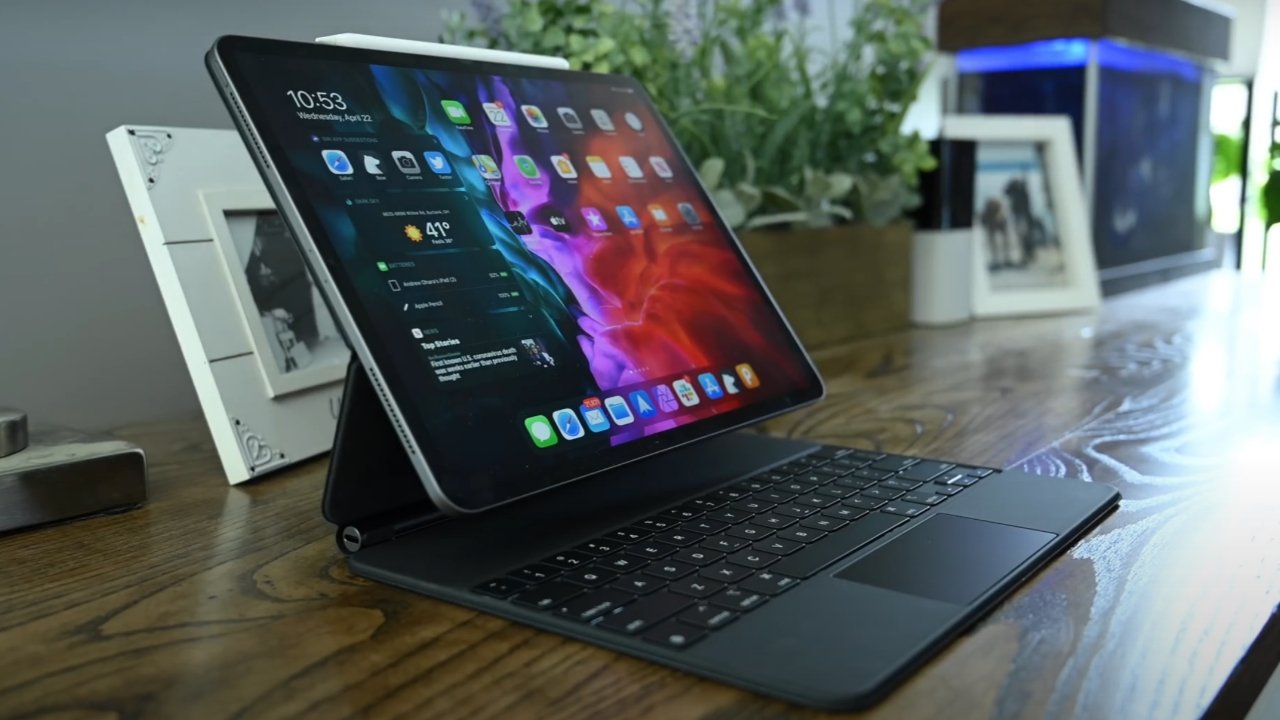
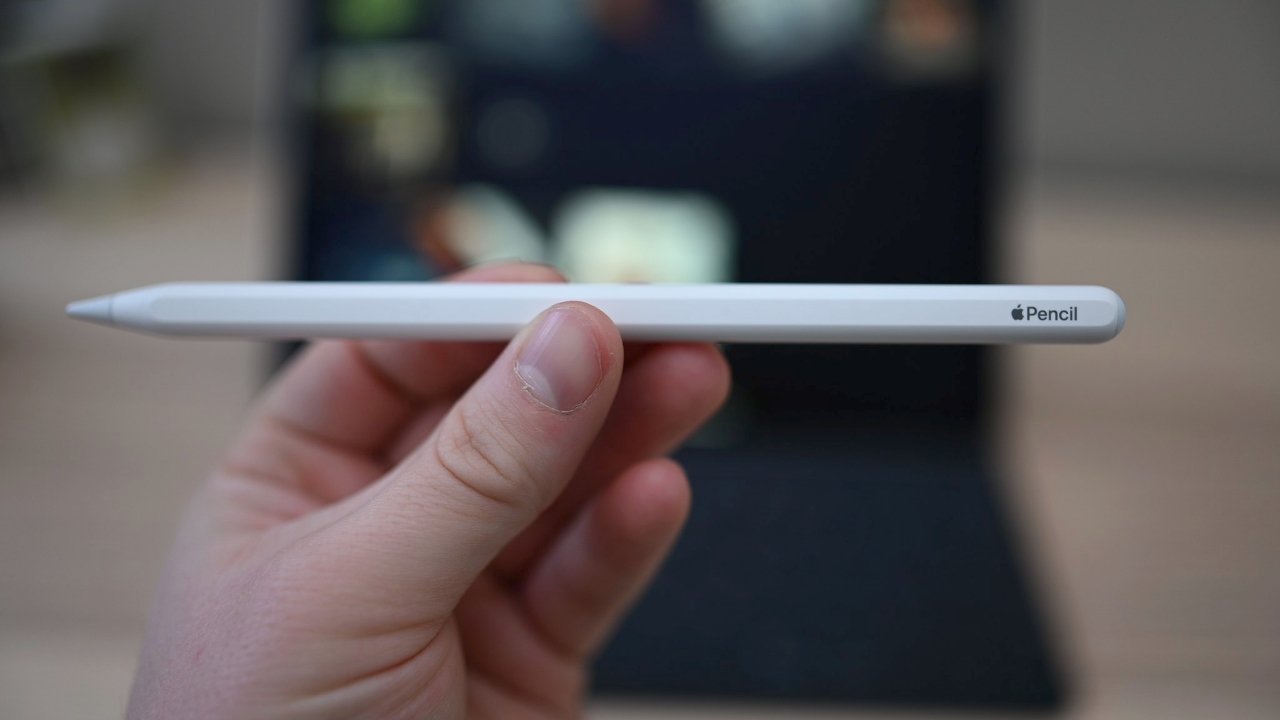
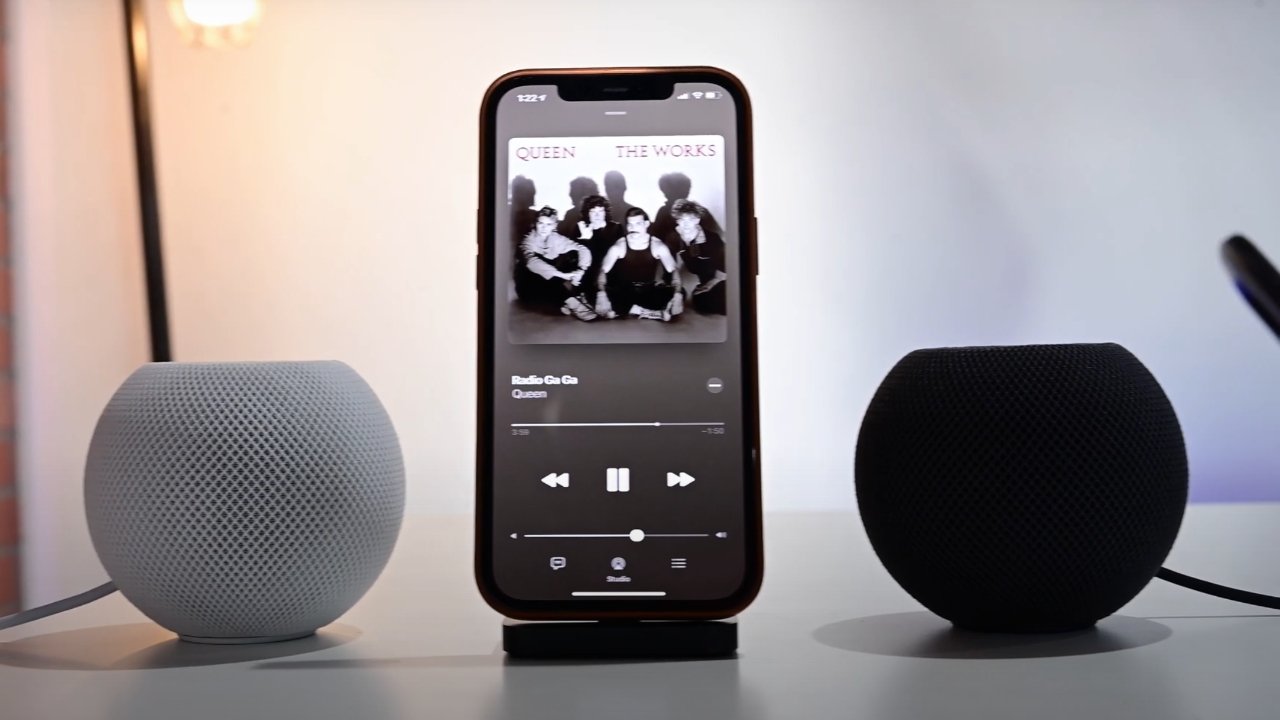
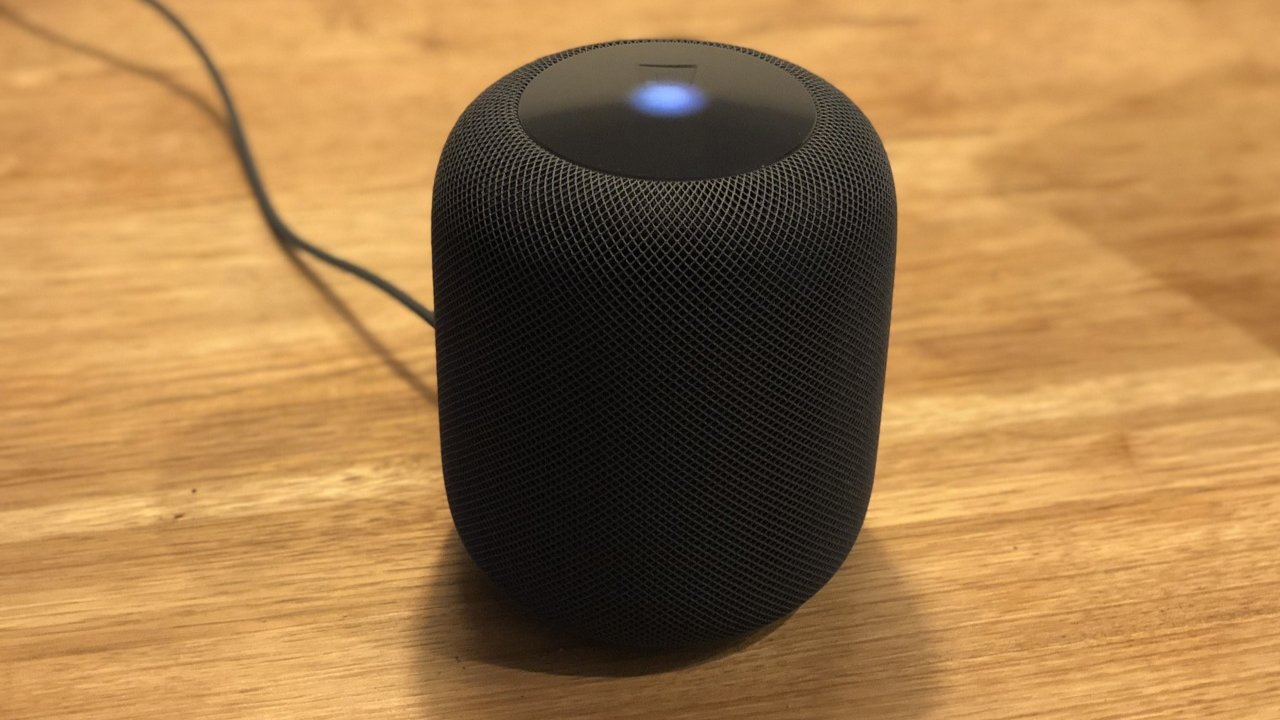
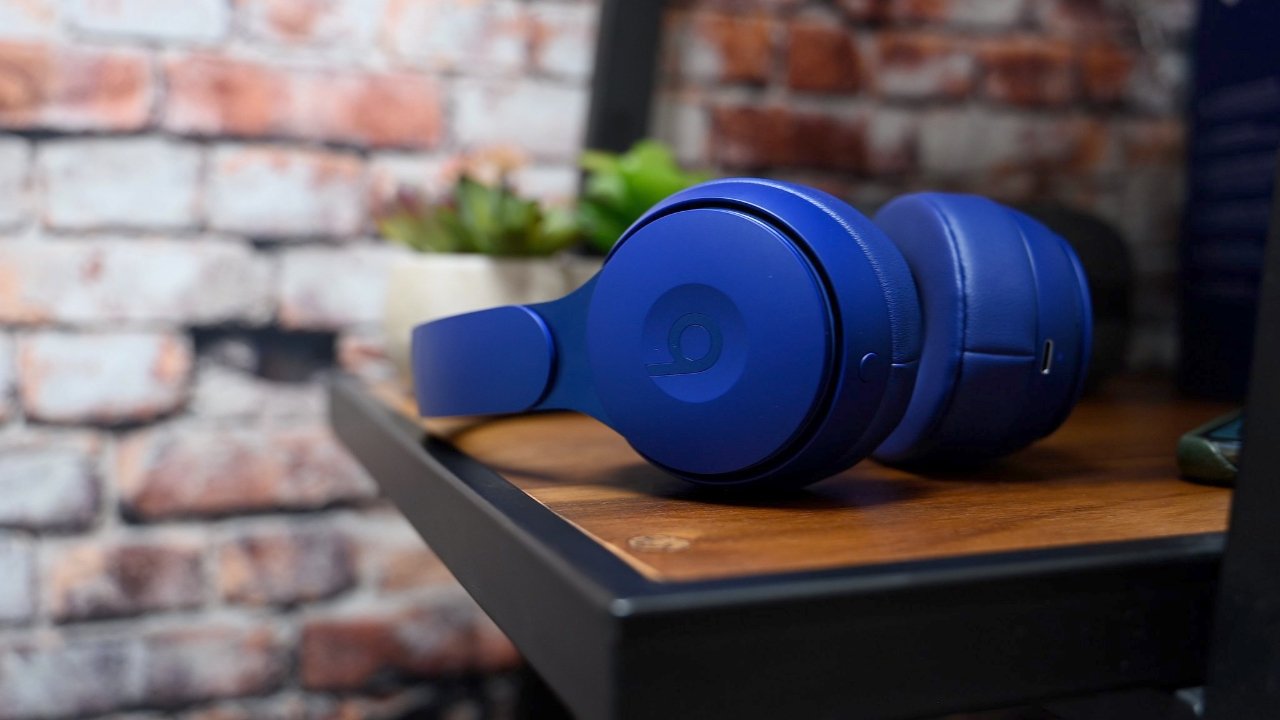
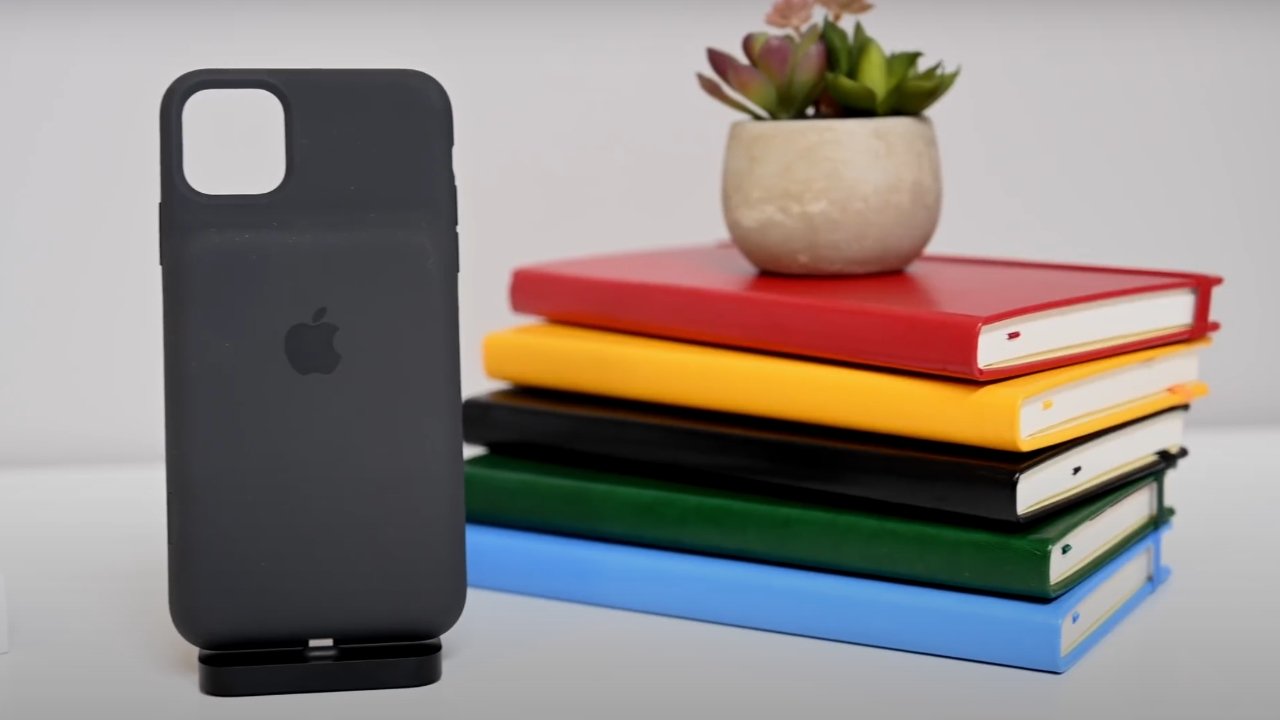
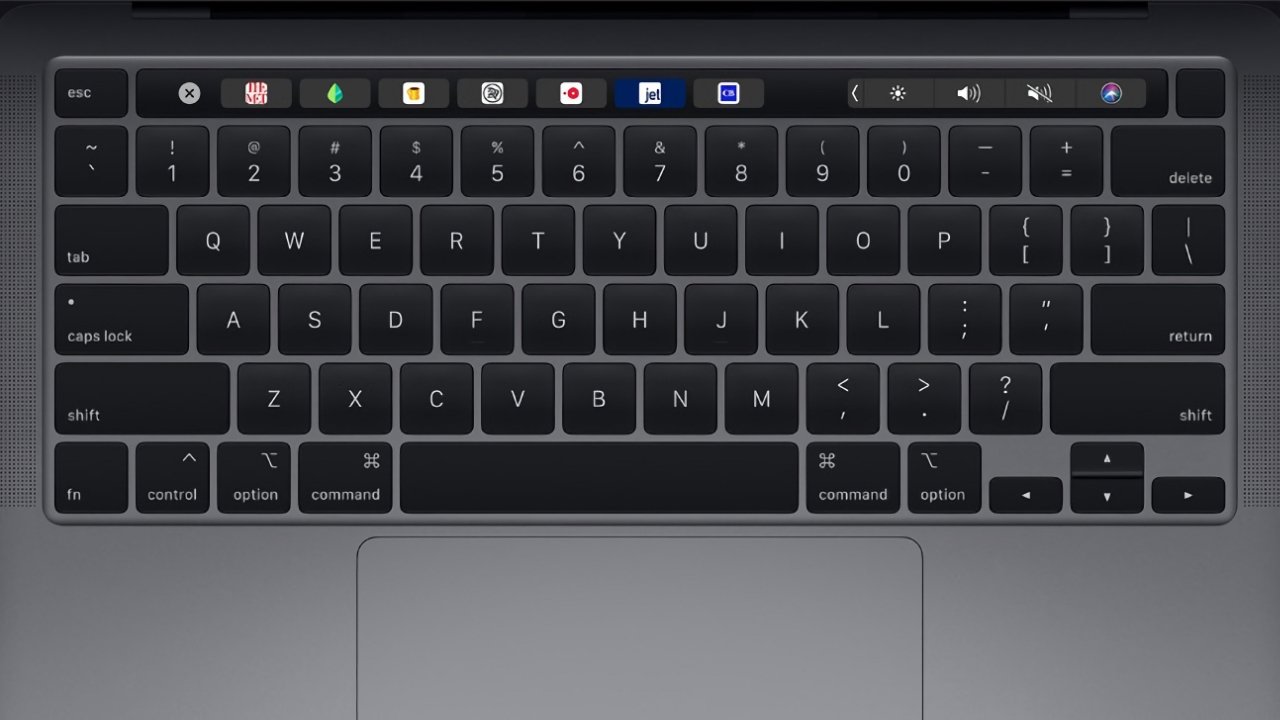
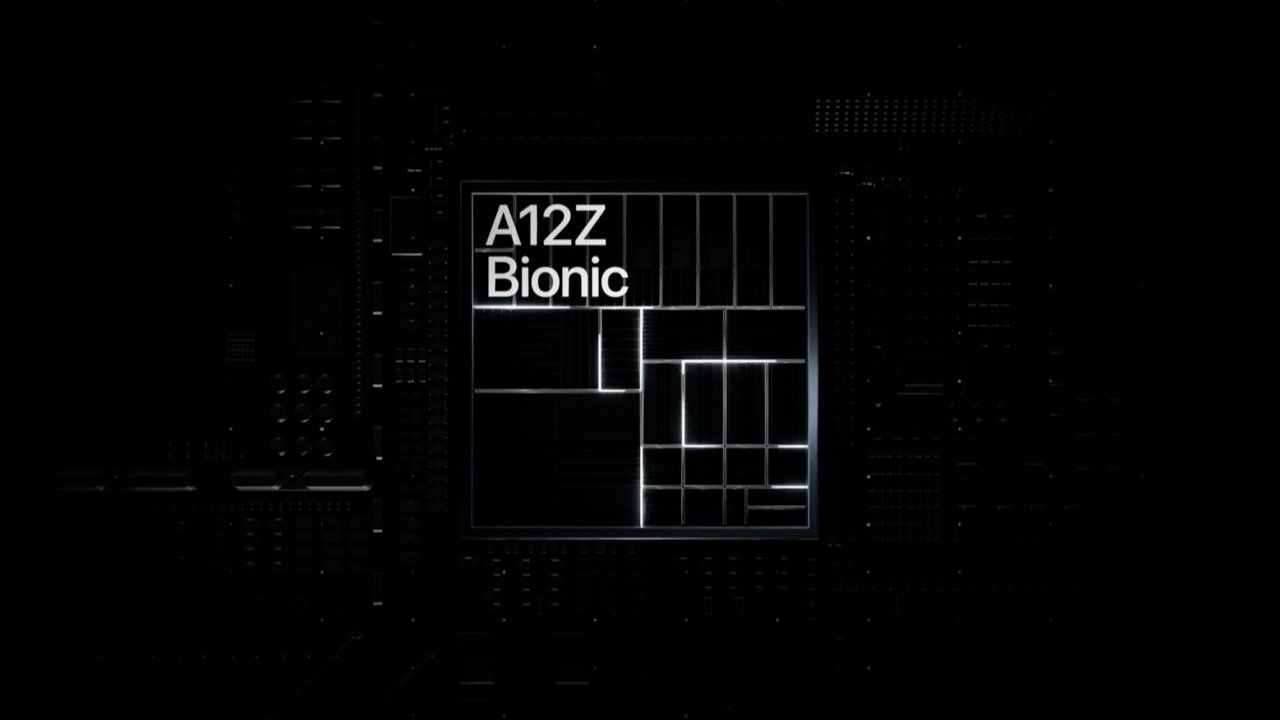
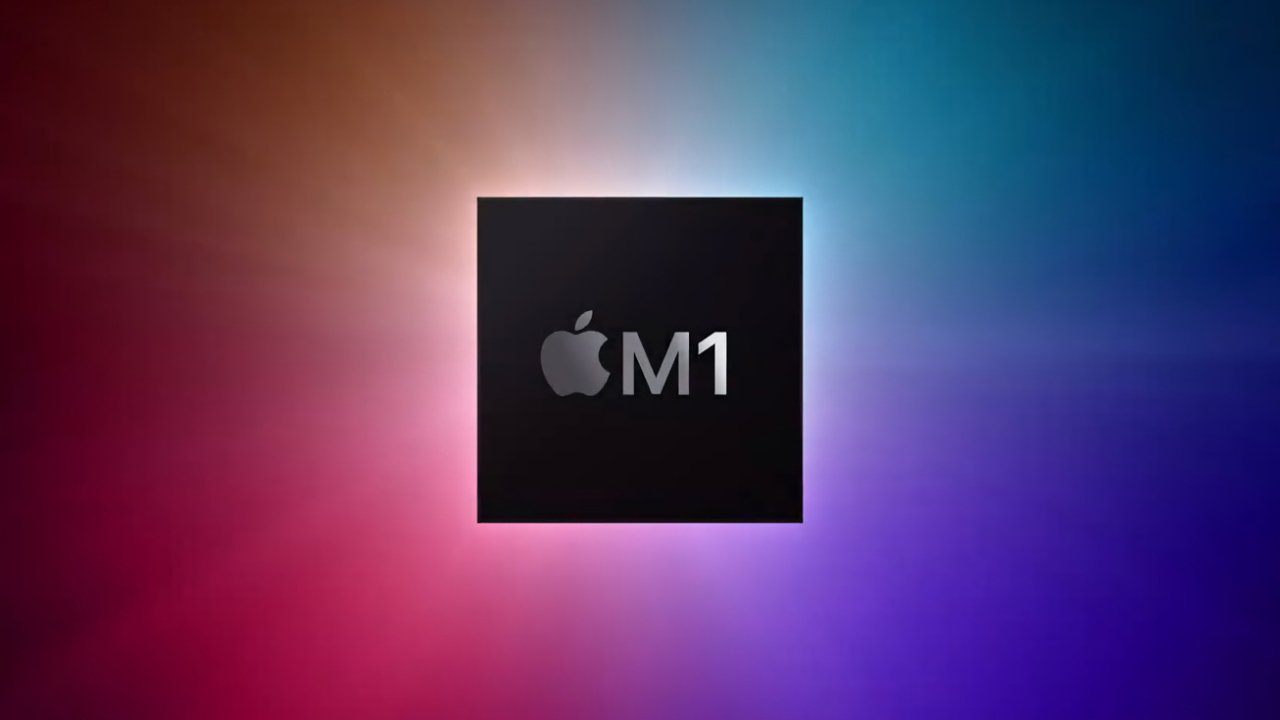
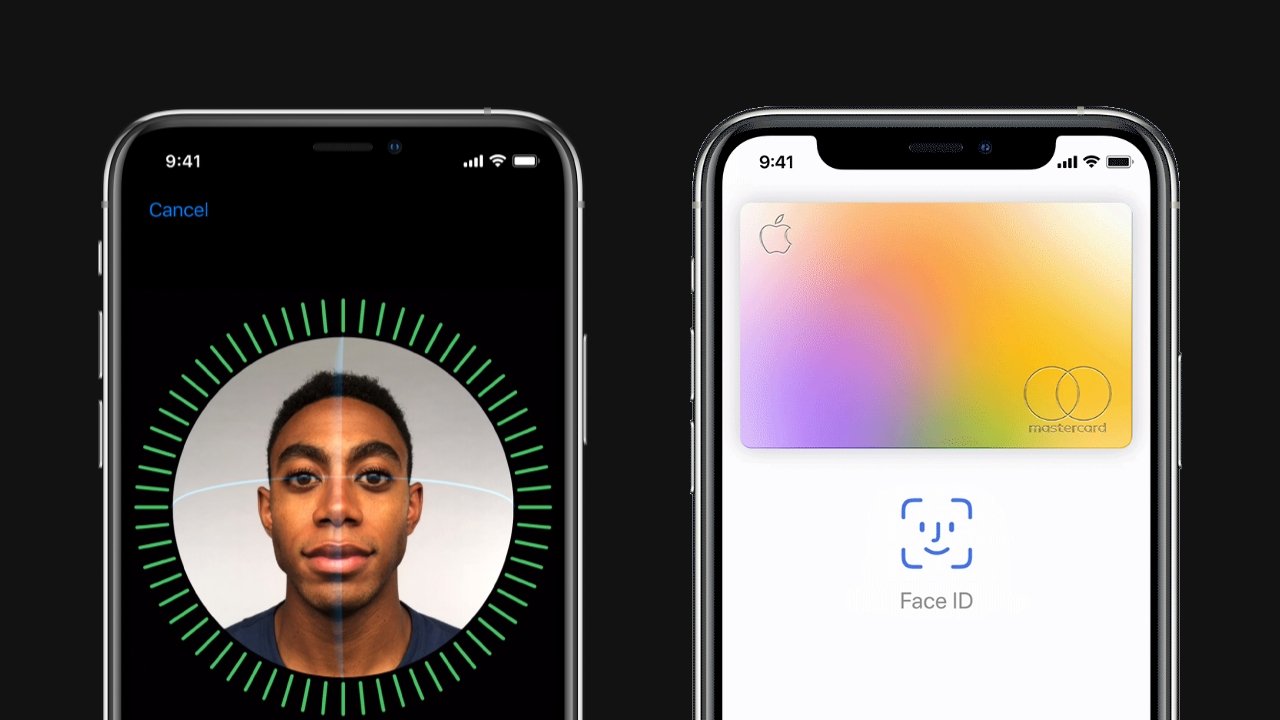
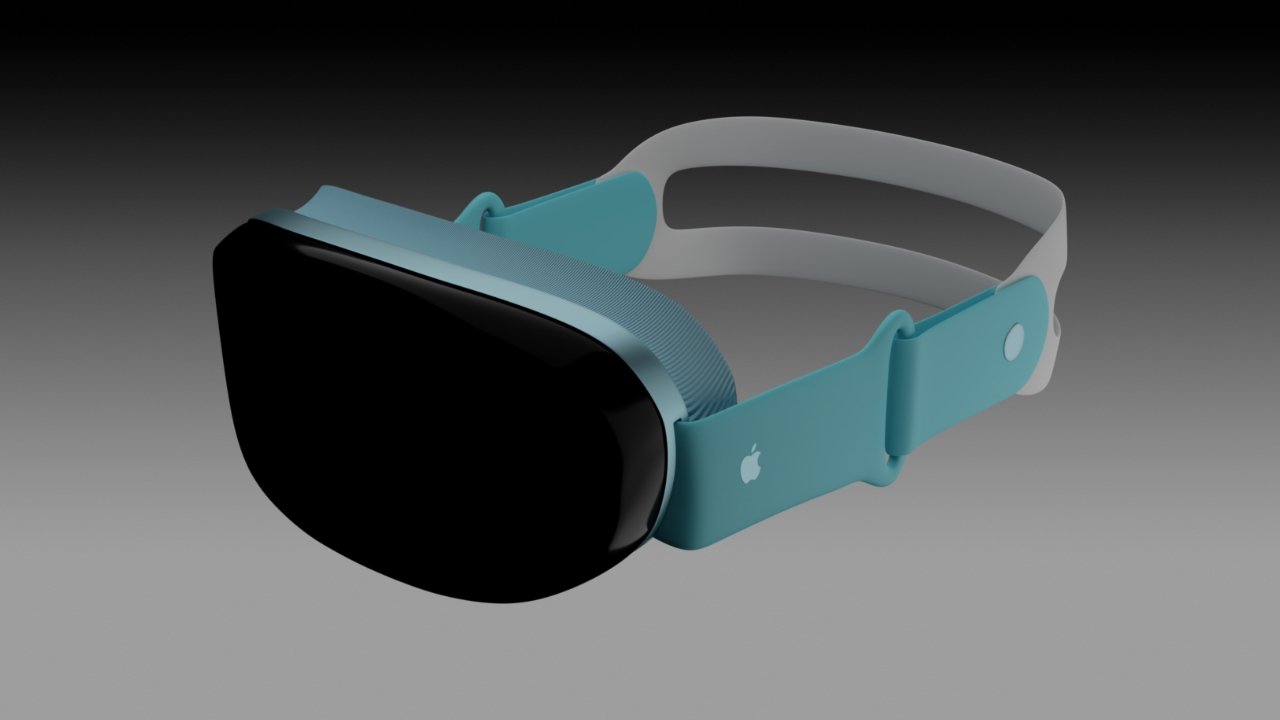
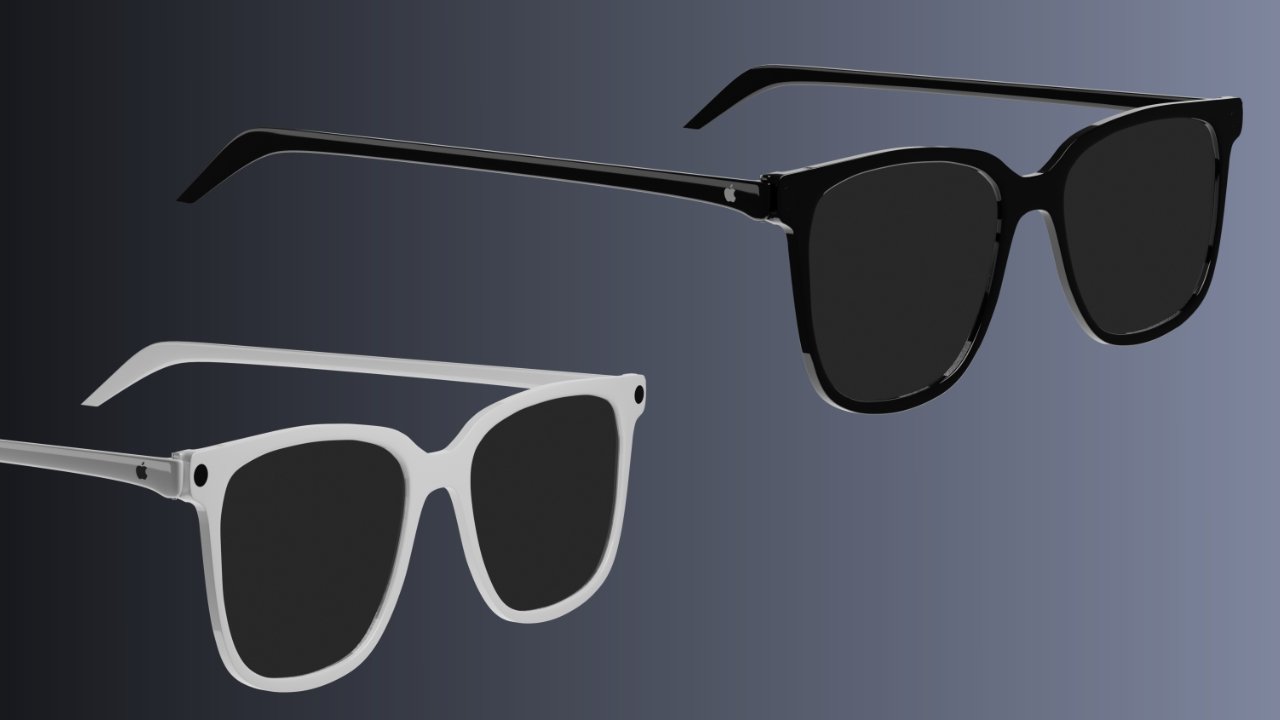
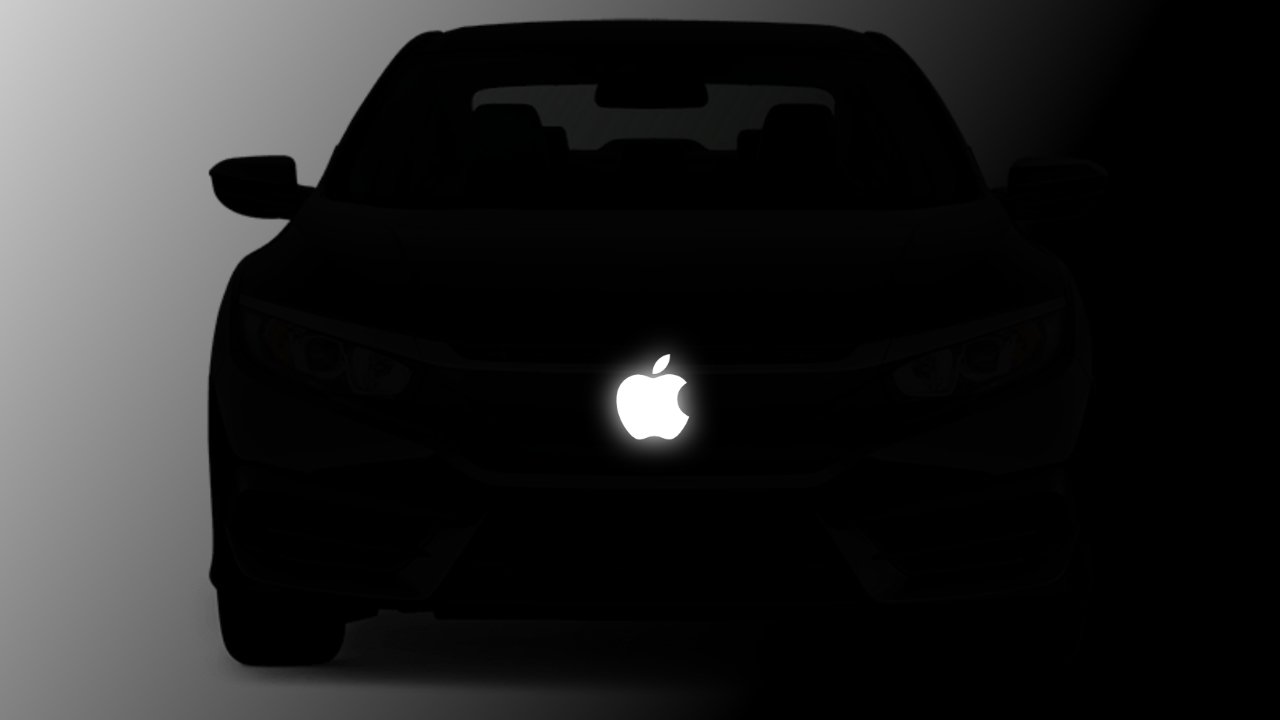
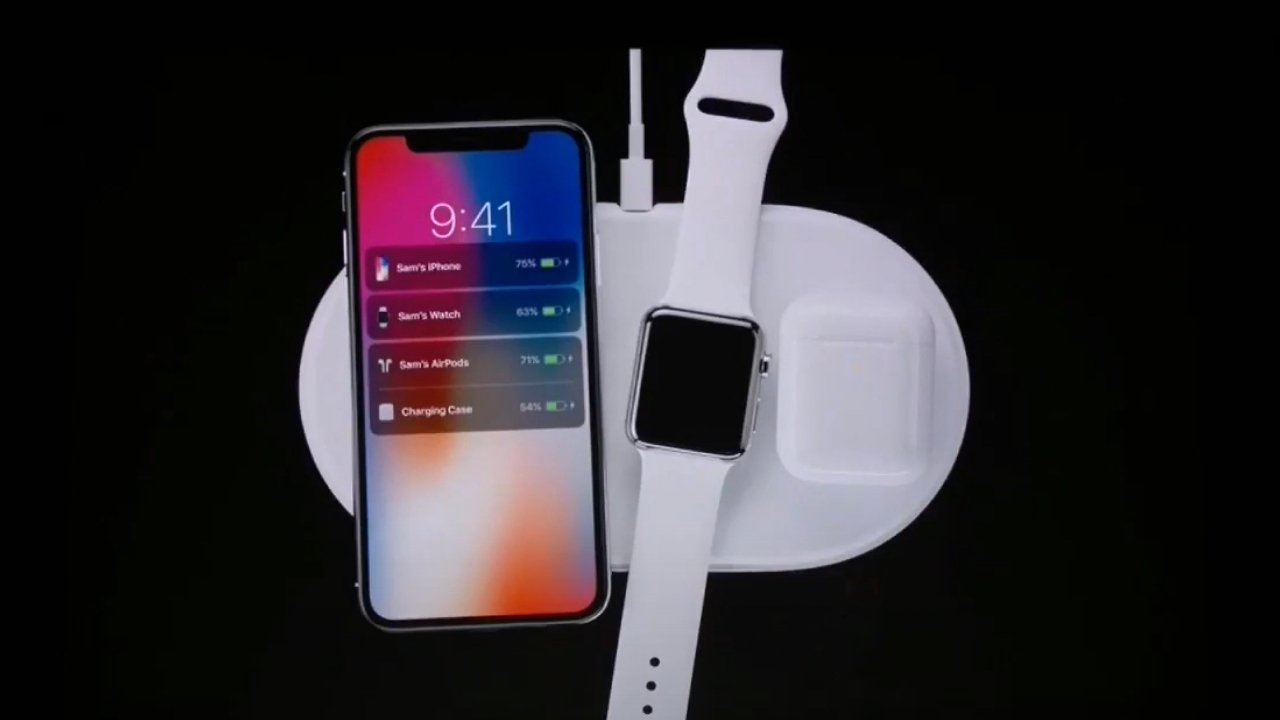

 William Gallagher
William Gallagher
 Marko Zivkovic
Marko Zivkovic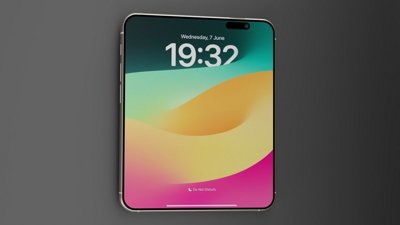
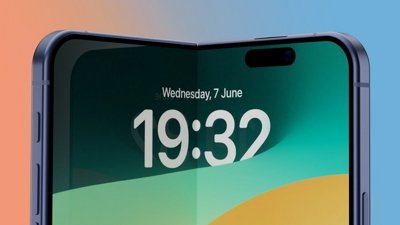
 Malcolm Owen
Malcolm Owen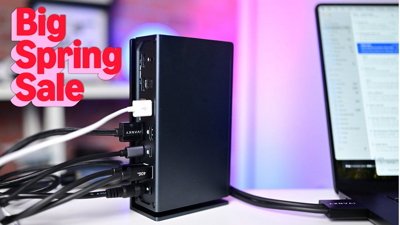
 Christine McKee
Christine McKee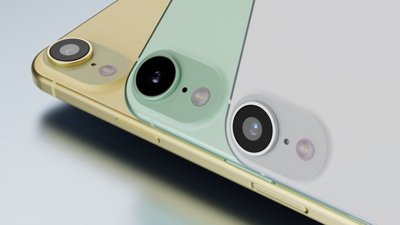
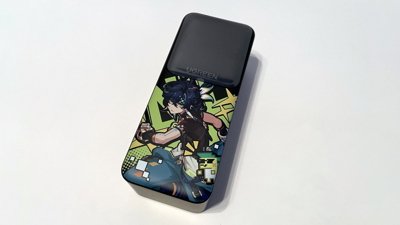
 Brian Patterson
Brian Patterson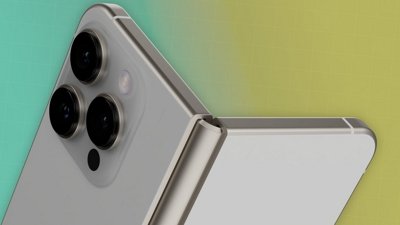
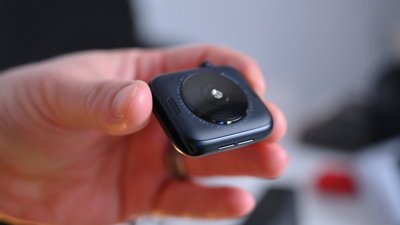
 Charles Martin
Charles Martin
